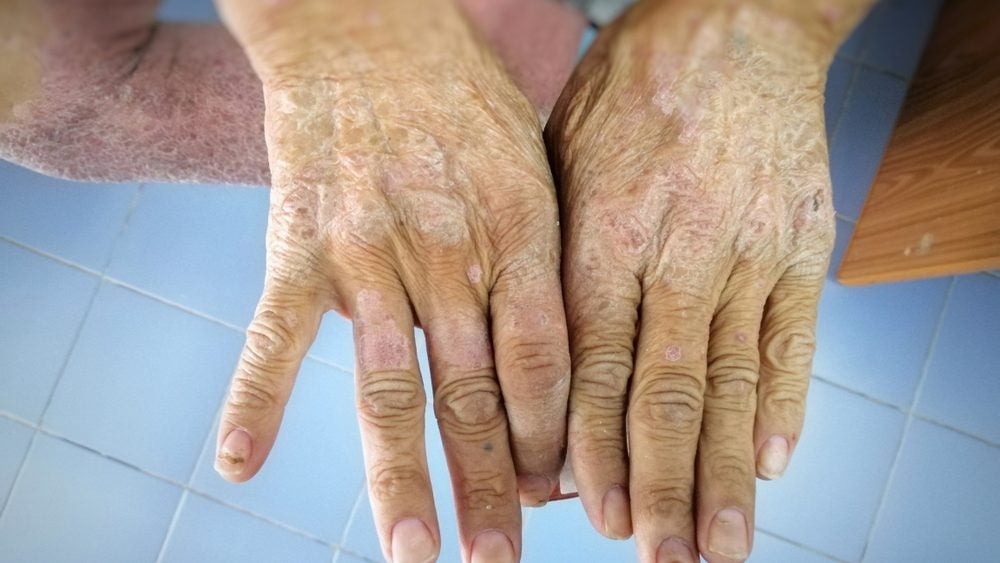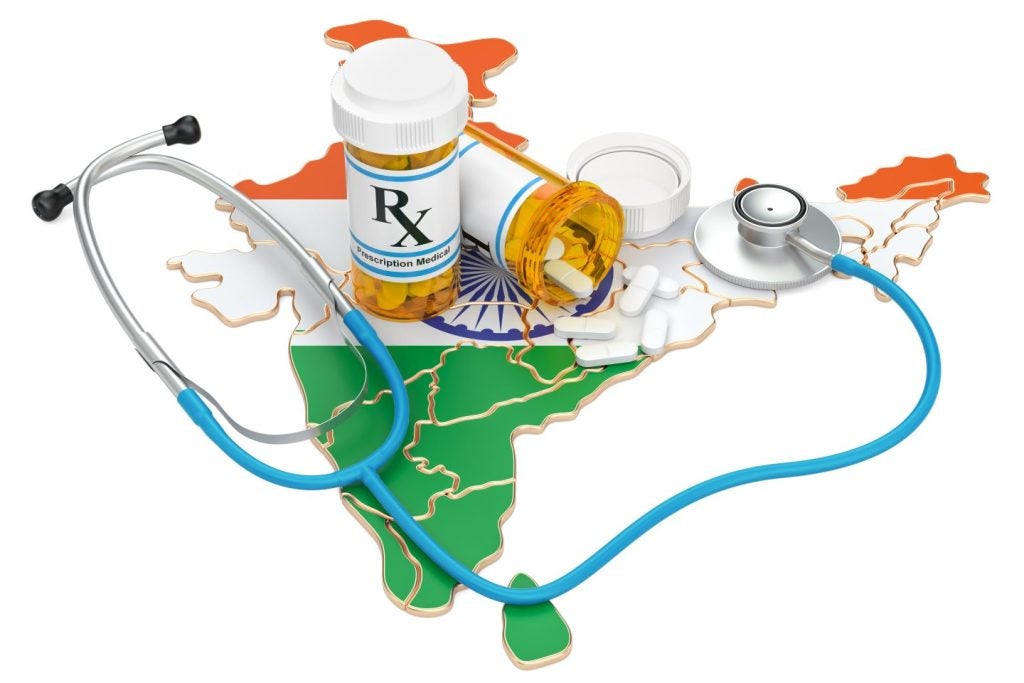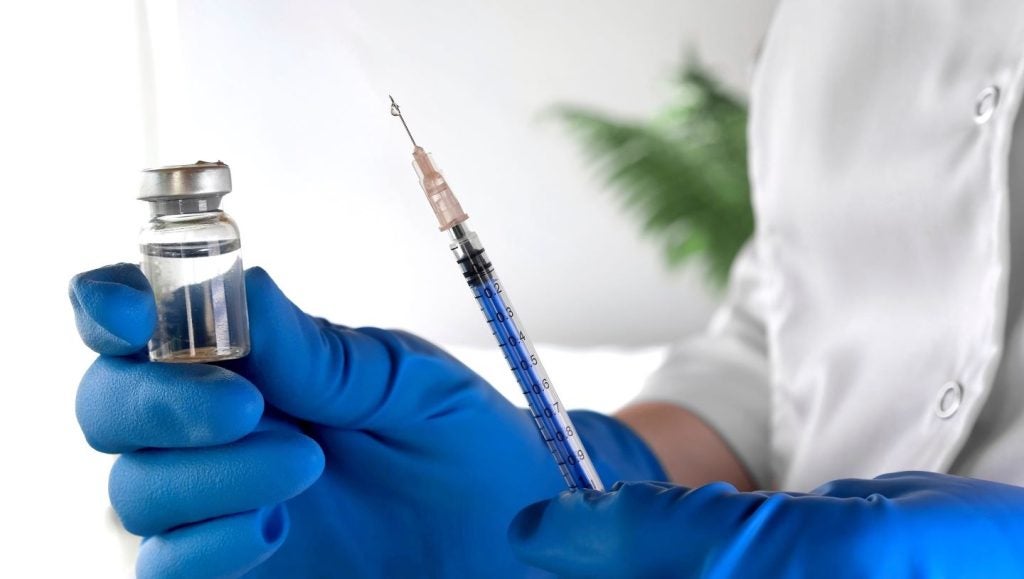
A new study conducted by the Queen Mary University of London and Newcastle University revealed that multinational companies (MNCs) are producing and selling unregulated antibiotic formulations in India.
According to the research, this practice is active despite a pledge taken by the companies to address increasing antimicrobial resistance in the country.
The study analysed figures for fixed-dose combination (FDC) and single-drug formulation (SDF) antibiotics currently on the country’s market.
Researchers found that 64% of 118 different formulations of FDCs sold between 2007 and 2012 were not approved by the drugs regulator, Central Drugs Standard Control Organisation (CDSCO).
These 118 FDC formulations led to the development of more than 3,300 brand-named products by around 500 pharmaceutical makers.
The study revealed that 34.5% of total FDCs sales in 2011-2012 were unapproved, and many of the products consisted poorly chosen antimicrobials that could worsen the resistance.
How well do you really know your competitors?
Access the most comprehensive Company Profiles on the market, powered by GlobalData. Save hours of research. Gain competitive edge.

Thank you!
Your download email will arrive shortly
Not ready to buy yet? Download a free sample
We are confident about the unique quality of our Company Profiles. However, we want you to make the most beneficial decision for your business, so we offer a free sample that you can download by submitting the below form
By GlobalDataFurthermore, MNCs were found to have produced around 20% of the FDC and SDF formulations sold, of which 20 out of 53 FDCs were not approved by CDSCO, while 94% SDFs received approval.
Queen Mary University of London William Harvey Research Institute professor Dr Patricia McGettigan said: “Selling unapproved, unscrutinised antibiotics undermines measures in India to control antimicrobial resistance.
“Multinational companies should explain the sale of products in India that did not have the approval of their own national regulators and, in many cases, did not even have the approval of the Indian regulator.”
The researchers believe that measures such as ban on the sale of unapproved FDC antibiotics are required to prevent unapproved and illegal drugs from reaching the market.
Newcastle University Institute of Health and Society director Allyson Pollock said: “Limiting antimicrobial resistance is a strategic goal of the WHO and countries worldwide – governments and regulators must take all necessary steps to prevent the production and sale of illegal and unapproved medicines and scrutinise the actions of multinational companies.”







